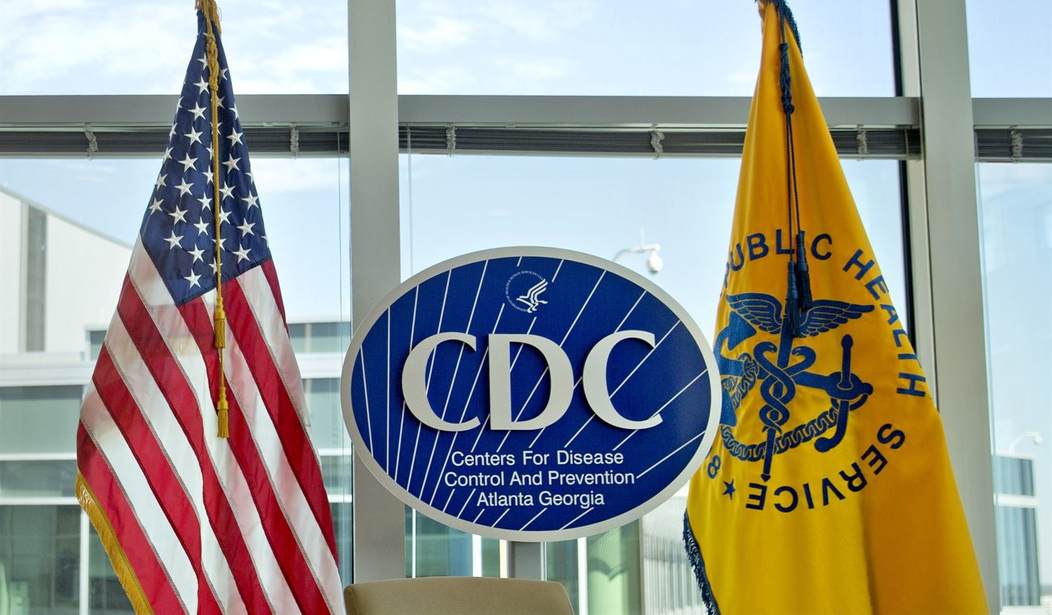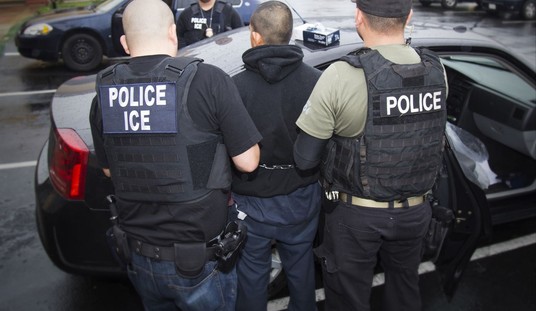As if you needed a reason to dislike the CDC more, here’s one for you.
According to SPCA International, a CDC-issued ban on the importation of animals from certain countries is what has been the primary barrier for the evacuation of animals from Afghanistan. The ban was placed earlier this year because of a rise in fraudulent rabies certificates that were being submitted with importation requests from more than 100 countries.
From NPR in June:
“We’re doing this to make sure that we protect the health and safety of dogs that are imported into the United States, as well as protect the public’s health,” Dr. Emily Pieracci of the Centers for Disease Control and Prevention tells NPR.”
And later:
That was accompanied by an increase in dog importations, along with a jump in dogs entering the country with falsified or fraudulent rabies certificates, Pieracci says. During 2020, the CDC discovered more than 450 dogs arriving in the U.S. with falsified or fraudulent rabies certificates, a 52% increase compared with the previous two years, she says.
Despite this ongoing ban, SPCA International applied for an exemption to the order, but was met with additional roadblocks from the CDC.
From SPCA International:
The U.S. Centers for Disease Control and Prevention’s recently enacted policy suspending transports of dogs from Afghanistan and more than 100 other nations into the U.S., was another terrible impediment, despite our negotiations and pleadings. We applied for an Emergency Exemption so that Charlotte and the dogs could get out on our chartered flight this week. But the CDC’s adherence to its import policy during this time of crisis put animals and people at risk. We are alarmed that leaders at the CDC are not bringing a more balanced perspective to the importation of dogs, especially after the U.S. House of Representatives rebuked CDC on this issue and passed an amendment to restore a proper screening process.
This entire situation is a reminder that when governments, including the United States, don’t recognize the human connection to animals, they put people at risk. If Charlotte and her staff had been allowed to take their animals – with the support of private animal rescue groups that had paid for and organized a charter flight – they’d be safe, and so would the animals. Now she’s still in Kabul, desperately working to bring these animals into a safer space.
While this was our last chance to evacuate the dogs from Kabul before August 31, we are not giving up. We’re currently pursuing options for transporting the dogs and cats out of Afghanistan after that deadline, and the funds we raised will continue to support the care of the animals in Kabul. SPCA International will continue to act as a conduit of information between KSAR and the public.
Mark this down as another reason why bloated government continues to fail us. Here we have a ban, which was instituted by the CDC for presumably good reasons, but couldn’t be removed from the path of those who were trying to do good — despite the ban.
Stay tuned to RedState for updates, should additional information be made available.













Join the conversation as a VIP Member